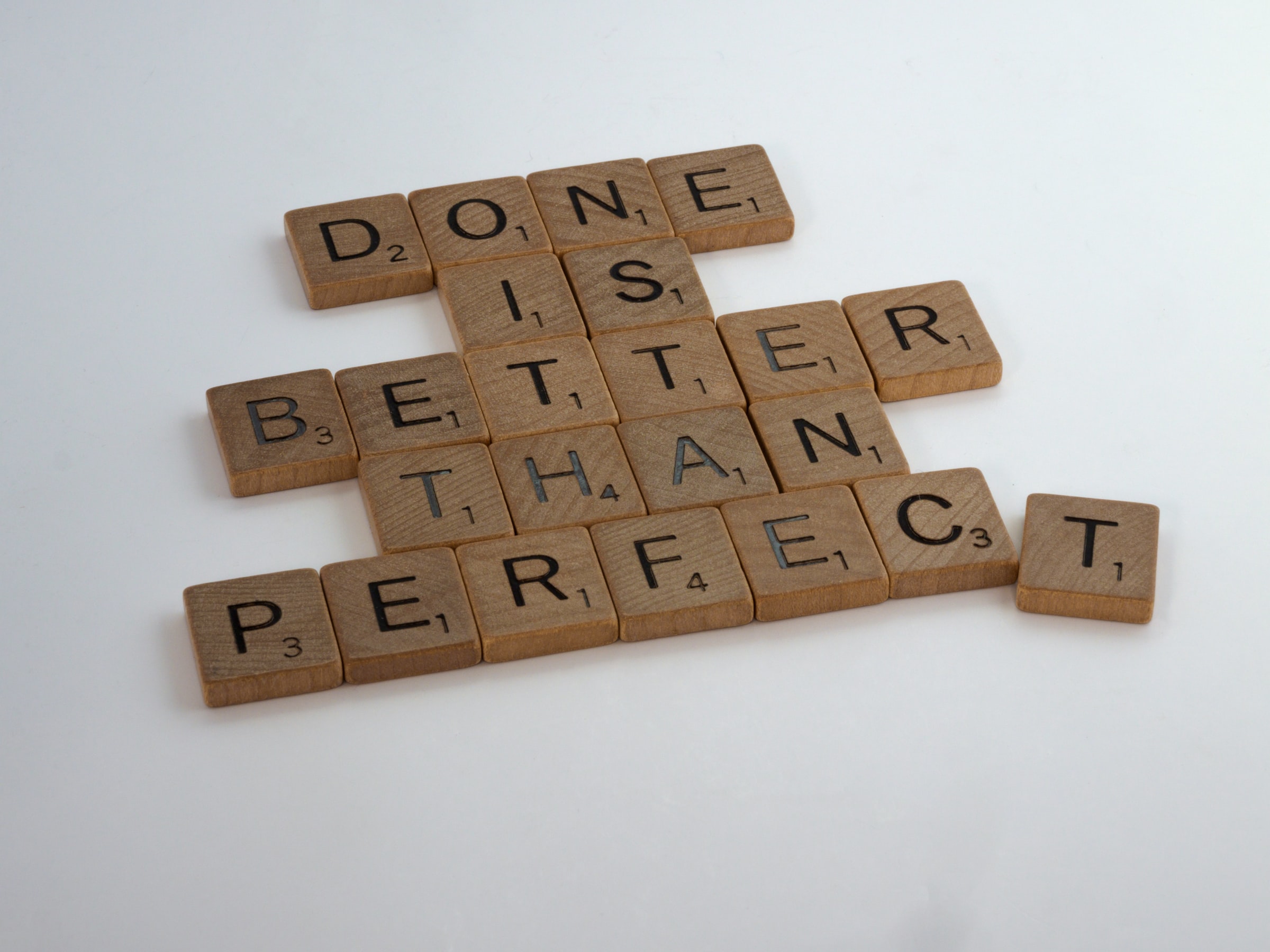As a parent, I strive to lead by example when I interact with my children. My journey of learning has been continuous since I decided to become a parent. It used to be learning how to put on a diaper; now I have to learn how to teach my children Science, Nature, Ocean, Languages…
Once in a while, I feel tired because the journey I have signed up to is tough. It’s constant uphill climbing. There are moments where I hope that there would be shortcuts. For example, instead of learning what works for my kids, I thought of just focus on teaching them the things I know, so it’s easier for me.
For a short while, I did decide to go down this route on Math with my son. Where in the beginning, I just limited the options to teach what I knew. It was easy for me, but then I quickly realized:
- It was hard for him
- He didn’t enjoy it
- He seemed bored and therefore couldn’t focus well
His less exciting experience was a cue to me, where I had to be brave to admit, perhaps there is another way of teaching and learning that I didn’t know! I wasn’t comfortable about that feeling inside me.
Clinging onto the discomfort, I leveraged the courage inside me to reach out to the Internet and researched about how today’s Math worksheets look like. When I saw them, I was awakened. There are so many fun ways to teach young children the same thing these days! They come in Apps, games, and so on.
My inner shift from being a “Knower” to a “Learner”
This awakening moment led me to a self-commitment, that is to switch myself around from being a “Knower” to a “Learner”.
Inside me, I acknowledged this: “There is more that I don’t yet know, and therefore I have to reach out to learn so my son can have a better learning experience”.
Now, my son is progressing well! He has moved onto double-digit additions and subtractions, with more recently started multiplication in his Math journey.
Putting the leadership hat on, this experience taught me that a leader’s willingness to learn can help the team to flourish as opposed to setting them up for suffering and failure. It was worth the effort.
On reflection, I wonder, how many of us have the tendency to ignore or reject new learnings that come to our attention, especially on topics we have confidence in?
For me, whilst I have gotten better in parts, there are still areas I have the tendency to ignore or reject.
Have you considered why we have such tendency?
Recently I discovered new insights from reading these two books:
From these two reads, I understood that:

We humans are not perfect
By definition, “perfect” means we are complete and correct in every way.
As a matter of fact, we have flaws. I think there are TWO main flaws we all encounter that restrict our path forward to transition from a “knower” to a “learner” more easily:
- First is our self-limiting beliefs, that we are not capable enough, not good enough, and therefore we self-restrict our opportunities to grow.
- Second is our false sense of belief that we already “know it all” – therefore leads to ignorance and ineptitude:
- Ignorance means we overlook what we don’t yet know and dismiss the need to know more.
- Ineptitude means despite we have mastered the knowledge that we need to know, we still fail because of our incompetency to apply knowledge correctly and consistently.
What happens when we are not self-aware of these flaws inside us?
More often than not, when we know we can’t be perfect, we fear, we ignore, we hide what we don’t know, and we overlook growth opportunities.
As a result, we miss, we make avoidable mistakes, we refuse to cooperate, or we may even decline help because it is seen as “weakness”.
Overtime, this leads us to:
- Focus our effort to “Be Right” instead of to “Learn to Get it Right”.
- Find fault instead of value-add.
- Live on shame instead of courage.
- Persuade ourselves that things and our existence are permanent and therefore there is no need to change, despite our very nature of impermanence.
Culture in a family, a community, and within an organization is shaped by how individuals think, feel, and act. Can you imagine how much we will miss in terms of our growth opportunities when the dominant “knower” energy constantly flows in and around us?
Are there ways we can learn to lead better?
My daring answer on our behalf is YES!
Instead of trying to be perfect, I suggest we all consider a different phrase: “Progress“.

PROGRESS
This word is more fluid.
It allows us to shift our mindset towards learning, shift our lens toward process, opening up ourselves to the idea of failing, and experience the reality that, we become better overtime through constant learning.
Leading with “Progress” centered in everything we do puts us on the path to:
- Master our impermanence.
- Acknowledge that we are capable of change.
- Cultivate habits around learning, failing, and doing to improve.
- Foster our emotional agility, where we lean into our emotions for courage to be vulnerable, to ask, and to show up.
- Self-regulate ourselves using mindfulness and tools like checklists to identify growing opportunities.
Your Choice?
At the end of the day, our choice of being and leading in this world lies in our own hands:
- Do we want to Be Right or Learn to Get it Right?
- Should we focus our energy to find fault or value-add?
- Are we interested in knowing “who’s right” or “what’s right?
- Do we want to become a “knower” or a “learner”?
“Perfection is the Enemy of Progress”.
Winston Churchill

If you are to make a choice right here, right now, which one would you pick?


